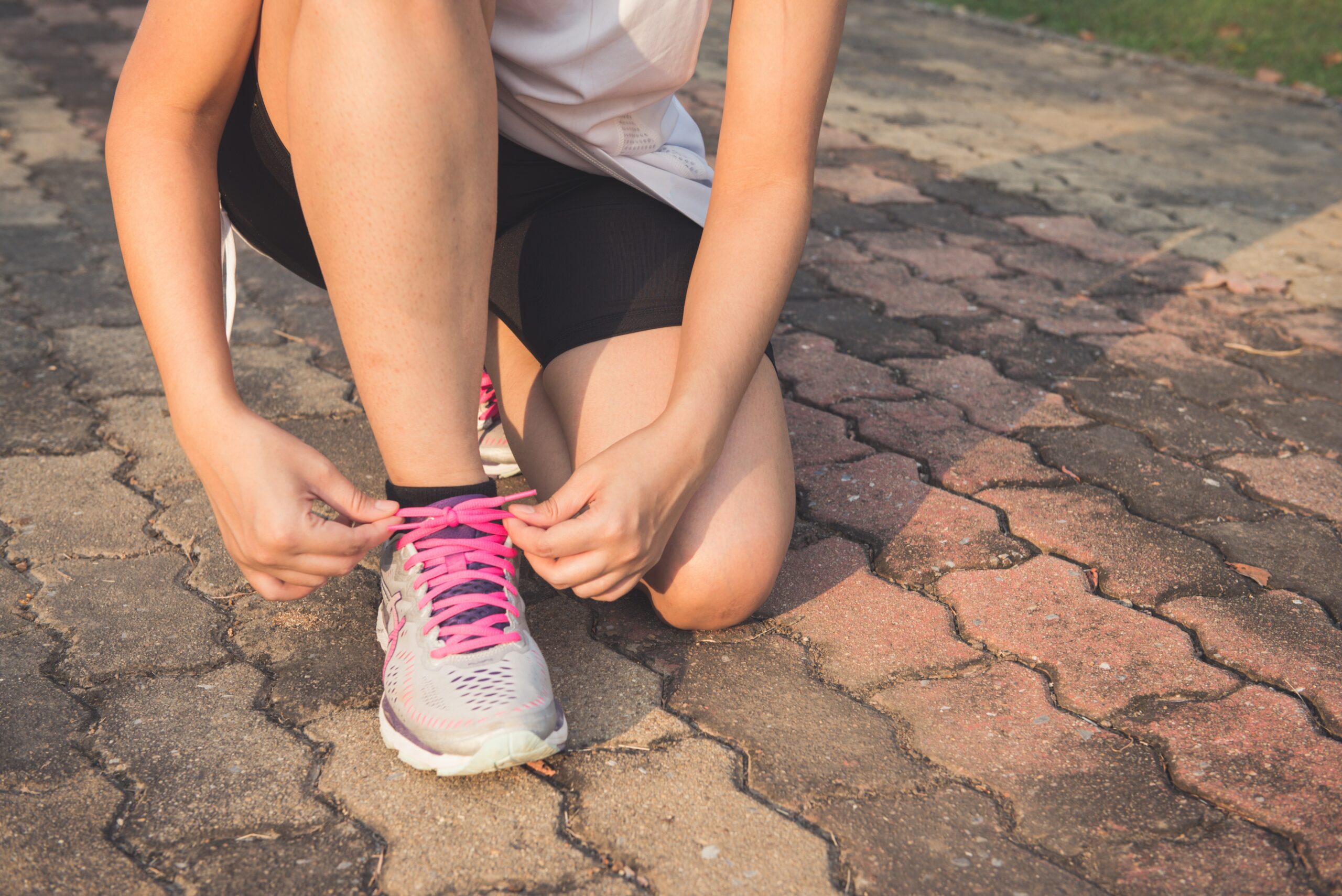10 tips for maintaining a healthy lifestyle
During the pandemic more people have been living a sedentary lifestyle with increased odds of physical inactivity, excessive eating and sitting, stress, anxiety and depression.
Many of us will gain some weight during the pandemic and may keep it on permanently, which may carry considerable health risks for type 2 diabetes, hypertension, heart attack, stroke, and other health problems.
Yiqing Song, Professor of Epidemiology, Department of Epidemiology, Fairbanks School of Public Health has shared these tips and resources below for how to maintain your healthy lifestyle, body weight, and overall wellbeing while staying home and engaging in social distancing.
1. Measure and Watch Your Weight
Keeping track of your body weight on a daily or weekly basis will help you see what you’re losing and/or what you’re gaining.
2. Limit Unhealthy Foods and Eat Healthy Meals
Do not forget to eat breakfast and choose a nutritious meal with more protein and fiber and less fat, sugar, and calories. For more information on weight-control foods and dietary recommendations, please check the following website: www.hsph.harvard.edu/obesity-prevention-source/obesity-causes/diet-and-weight/.
3. Take Multivitamin Supplements
To make sure you have sufficient levels of nutrients, taking a daily multivitamin supplement is a good idea, especially when you do not have a variety of vegetables and fruits at home. Many micronutrients are vital to your immune system, including vitamins A, B6, B12, C, D, and E, as well as zinc, iron, copper, selenium, and magnesium. However, there’s currently NO available evidence that adding any supplements or “miracle mineral supplements” to your diet will help protect you from the virus or increase recovery. In some cases, high doses of vitamins can be bad for your health.
4. Drink Water and Stay Hydrated, and Limit Sugared Beverages
Drink water regularly to stay healthy, but there is NO evidence that drinking water frequently (e.g. every 15 minutes) can help prevent any viral infection. For more information on drinking water and coronavirus, please check the following EPA website: www.epa.gov/coronavirus/coronavirus-and-drinking-water-and-wastewater.
5. Exercise Regularly and Be Physically Active
At this time, at-home workouts may be a good idea. But you can also walk your dog or run outside. Be sure you know what’s going on in your area and if there are any restrictions or mandatory self-quarantines. For more information on how to stay physically active while at home, please check the ACSM website: www.acsm.org/ read-research/newsroom/news-releases/news-detail/2020/03/16/staying-physically-active-during-covid-19- pandemic.
6. Reduce Sitting and Screen Time
Exercise can’t immunize you from your sedentary time. Even people who exercise regularly could be at increased risk for diabetes and heart disease and stroke if they spend lots of time sitting behind computers. Practically speaking, you could consider taking breaks from sedentary time, such as walking around the office/room a couple of times in a day.
7. Get Enough Good Sleep
There is a very strong connection between sleep quality and quantity and your immune system. You can keep your immune system functioning properly by getting seven to eight hours of sleep each night. For more information, please check the CDC website: www.cdc.gov/sleep/index.html.
8. Go Easy on Alcohol and Stay Sober
Drinking alcohol does not protect you from the coronavirus infection. Don’t forget that those alcohol calories can add up quickly. Alcohol should always be consumed in moderation. Please see the recommendations by the AHA: www.heart.org/en/healthy-living/healthy-eating/eat-smart/nutrition-basics/alcohol-and-heart-health.
9. Find Ways to Manage Your Emotions
It is common for people to have feelings of fear, anxiety, sadness, and uncertainty during a pandemic. To minimize stress-related weight gain, you use this information about stress and coping provided by the CDC: www.cdc.gov/ coronavirus/2019-ncov/prepare/managing-stress-anxiety.html.
10. Use an App to Keep Track of Your Movement, Sleep, and Heart Rate
A reminder: People with serious chronic medical conditions, including extreme obesity, diabetes, and heart disease are at a higher risk of experiencing complications and getting very sick from the COVID-19 infection. They should talk to their medical providers and listen to their advice.




